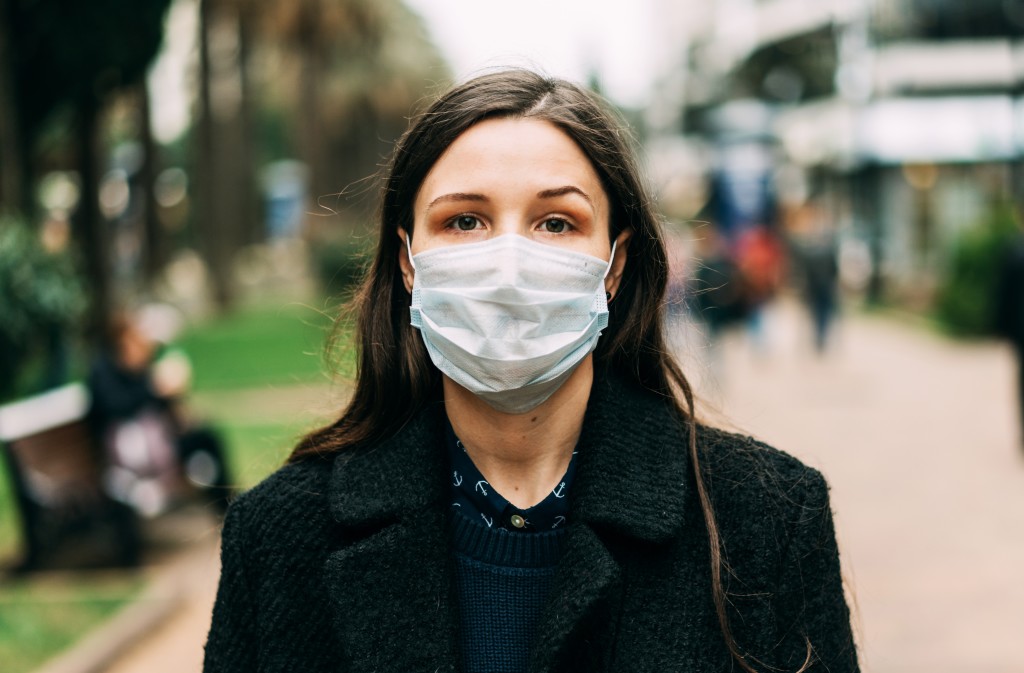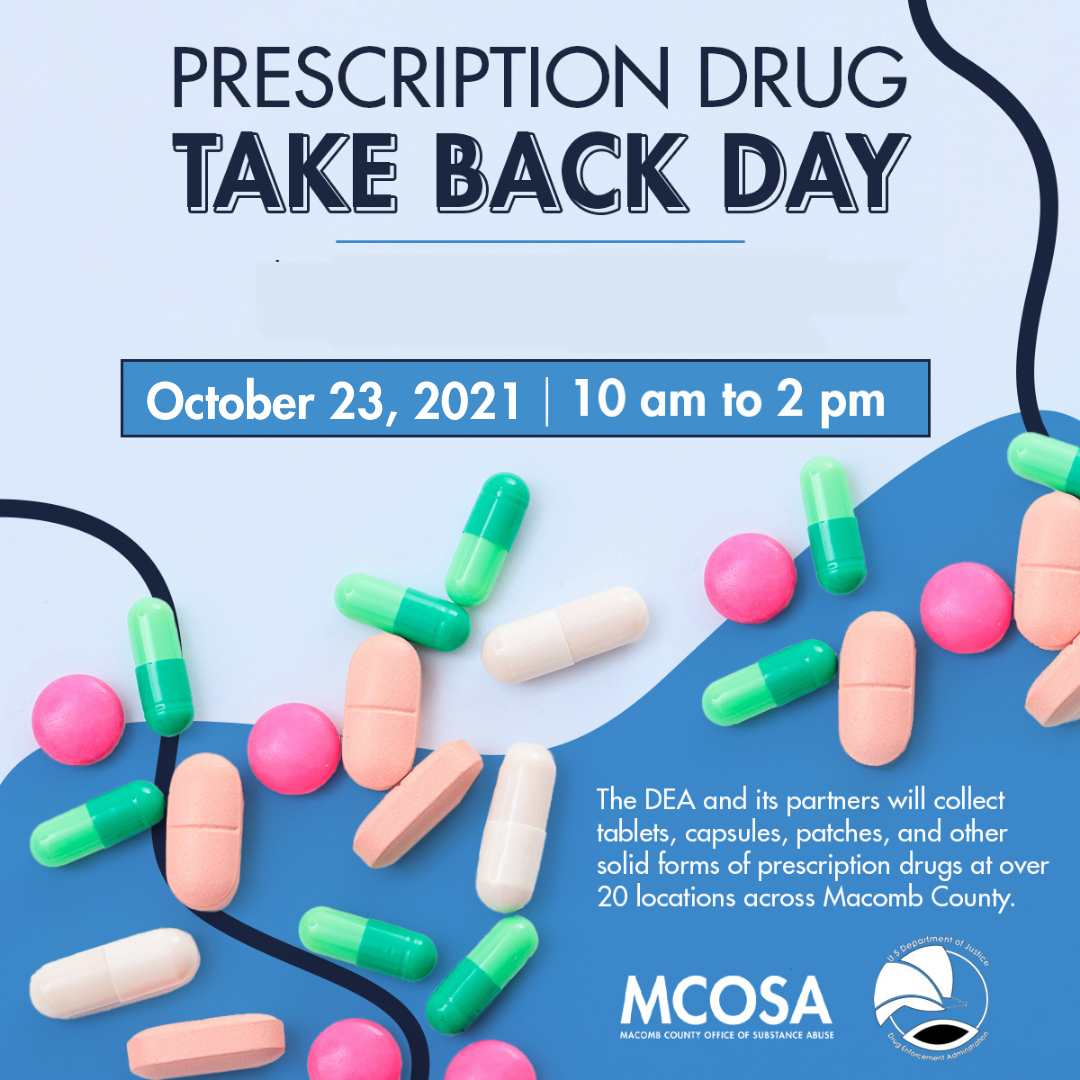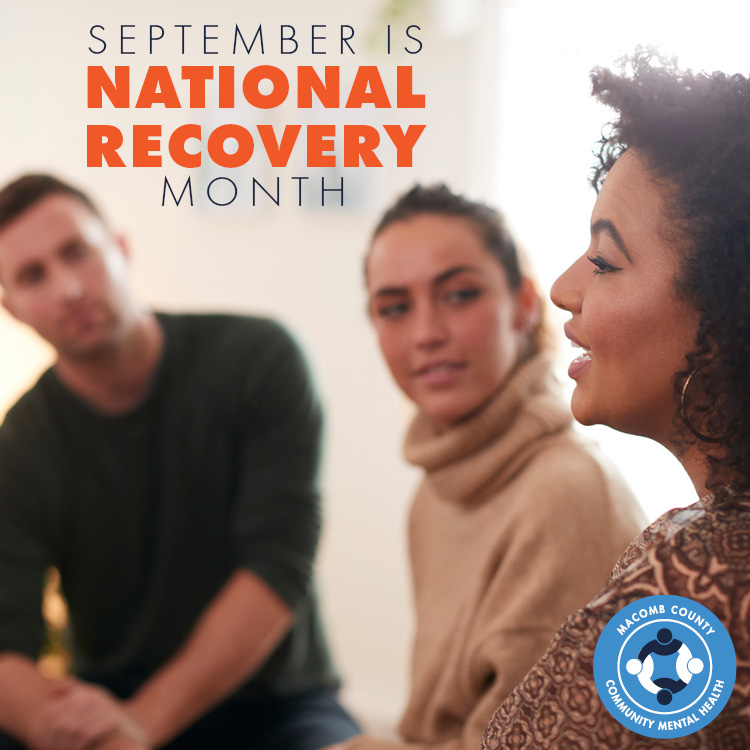
Coping with COVID-19:
While depression, anxiety, and thoughts of suicide are things that many Americans struggle with today, being in the midst of a pandemic can heighten these feelings. Mental health expert, Dr. Agnes Ward says that she is noticing trends of increased suicide rates, and people reporting feelings of anxiety, depression, and loneliness since the pandemic has began.
According to Blue Cross Blue Shield, reports show that domestic violence cases are also increasing in Michigan with the stay at home order causing victims to be in close proximity with their perpetrators. “When a family now is together in one house and a victim is with their perpetrator over an extended period of time, at home, it definitely has an impact on their well-being physically but also with depression and anxiety. Any post-traumatic stress symptoms that the victim may be experiencing can also be exacerbated,” Dr. Ward said.
If you are experiencing these any of these feelings, you should get in touch with your mental health provider or primary care physician to discuss some of these concerns. Dr. Ward says reaching out to family members and friends can also be helpful and sticking to a routine. “With people being home, not working, or working from home and kids getting home schooled, it can be really hard to develop or stick to a routine. So I would recommend sticking to a healthy routine and also taking breaks throughout the day, especially if you find that your routine is very rigorous throughout the day, because of all the additional responsibilities that you may have.”
This pandemic has interrupted daily routines for not only adults, but also for children. Many children are learning virtually and are not able to interact with their peers as they once did. This shift effects both parents in the home who are now also acting as teachers and the children that have to adjust.
“For kids and young adults, most of their world is their friendships and social relationships. So being or feeling isolated and alone now in times of Covid when they’re at home now and away from their friends can seem lonely or very distressing. It can bring about depression as well as anxiety,” Dr. Ward said.
Parents should acknowledge that there have been changes that impact the children as well and empathize with them. Ward says asking questions like “How are you, how’s home school going, or how are you handling this” are good ways to start the conversation. The empathy in stating “it must be hard not to be able to see your friends” can help the child feel that they are understood.
MCCMH can provide education and training on spotting signs or symptoms of anxiety and depression as they relate to Covid and in general. “We’re really working as a system to provide the treatment and care for individuals whether it be in home, in person or via telehealth, which we’ve been doing because we want to meet all the needs of our individuals and meet them where they’re at,” Ward said. “We want to make sure that we find whatever source that we need to to get them into care.”
Dr. Ward encourages people to look at credible sites for more information such as our site mccmh.net, the SAMSA website, or mental health alliances.
The MCCMH Access Center can also provide additional resources at 586-948-0222.
Our Crisis Line is also available 24/7 if you or a loved one find yourself in a crisis or difficult situation. Call 586-307-9100.




